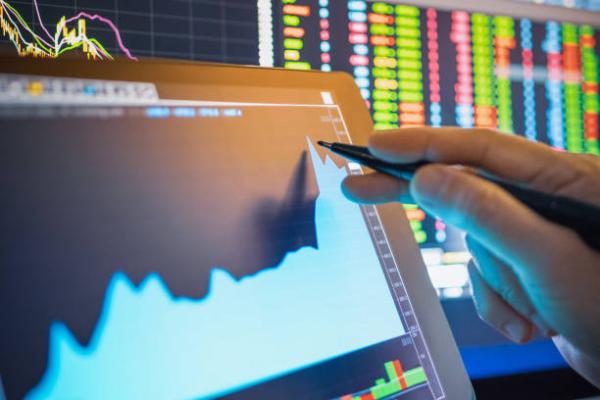Understanding the Impact of Corruption on Nigeria's Response to COVID-19, By Uche Igwe

Global evidence of large-scale corruption during the pandemic has affected resources aimed at combating it. Transparency International found that five months into the pandemic, the government purchased goods at 25 times the original price. Corruption in service delivery has been identified in over thirty countries.
The outbreak of the COVID-19 pandemic caught the world off guard, tested the resilience of global health systems, and nearly brought countries with ill-equipped health systems to collapse . It caused unprecedented disruptions in the global supply chain that precipitated upheaval in society. By early September, around 605 million people had been infected with the virus, leading to around 6.5 million deaths worldwide. The coronavirus was new, as well as the interventions to contain it. Even as the virus raged, many citizens greatly doubted the sincerity of the government's efforts due to low public trust in government institutions. For a country like Nigeria, where government corruption is rampant, public distrust runs deep, fueled by past experiences of decades of broken promises. Declining confidence has been one of the critical factors affecting the country's overall response to the pandemic.
Like Ebola, containment measures have not produced the expected results
Although the pandemic has been devastating to the world's health and economy, corruption has made it worse. Instances of artificial inflation, proliferation of counterfeit and counterfeit products, and waste of public resources in many forms in the name of COVID responses have been reported. This is on top of the fact that corruption in the health sector already costs the world around $500 billion a year, with serious consequences for the access, quality and efficiency of health services. Governments have taken swift policy decisions and committed huge public expenditures to fight the pandemic. Just as in the case of the Ebola crisis in 2013, when approximately $1 billion in international public and private funds were disbursed to contain the pandemic, corruption contributed to the mismanagement of funds and the diversion of relief compromised containment measures.
COVID-19 has left a legacy of growing poverty and growing inequality. According to World Bank estimates, 97 more people will live on less than $1.90 in 2021 due to the pandemic. Corrupt practices documented during the COVID-19 pandemic include grand corruption schemes involving high-ranking political actors, petty corruption involving service delivery staff, and corruption in procurement and contracting processes. Many emergency scenarios are characterized by rapid response...


Global evidence of large-scale corruption during the pandemic has affected resources aimed at combating it. Transparency International found that five months into the pandemic, the government purchased goods at 25 times the original price. Corruption in service delivery has been identified in over thirty countries.
The outbreak of the COVID-19 pandemic caught the world off guard, tested the resilience of global health systems, and nearly brought countries with ill-equipped health systems to collapse . It caused unprecedented disruptions in the global supply chain that precipitated upheaval in society. By early September, around 605 million people had been infected with the virus, leading to around 6.5 million deaths worldwide. The coronavirus was new, as well as the interventions to contain it. Even as the virus raged, many citizens greatly doubted the sincerity of the government's efforts due to low public trust in government institutions. For a country like Nigeria, where government corruption is rampant, public distrust runs deep, fueled by past experiences of decades of broken promises. Declining confidence has been one of the critical factors affecting the country's overall response to the pandemic.
Like Ebola, containment measures have not produced the expected results
Although the pandemic has been devastating to the world's health and economy, corruption has made it worse. Instances of artificial inflation, proliferation of counterfeit and counterfeit products, and waste of public resources in many forms in the name of COVID responses have been reported. This is on top of the fact that corruption in the health sector already costs the world around $500 billion a year, with serious consequences for the access, quality and efficiency of health services. Governments have taken swift policy decisions and committed huge public expenditures to fight the pandemic. Just as in the case of the Ebola crisis in 2013, when approximately $1 billion in international public and private funds were disbursed to contain the pandemic, corruption contributed to the mismanagement of funds and the diversion of relief compromised containment measures.
COVID-19 has left a legacy of growing poverty and growing inequality. According to World Bank estimates, 97 more people will live on less than $1.90 in 2021 due to the pandemic. Corrupt practices documented during the COVID-19 pandemic include grand corruption schemes involving high-ranking political actors, petty corruption involving service delivery staff, and corruption in procurement and contracting processes. Many emergency scenarios are characterized by rapid response...
What's Your Reaction?






















